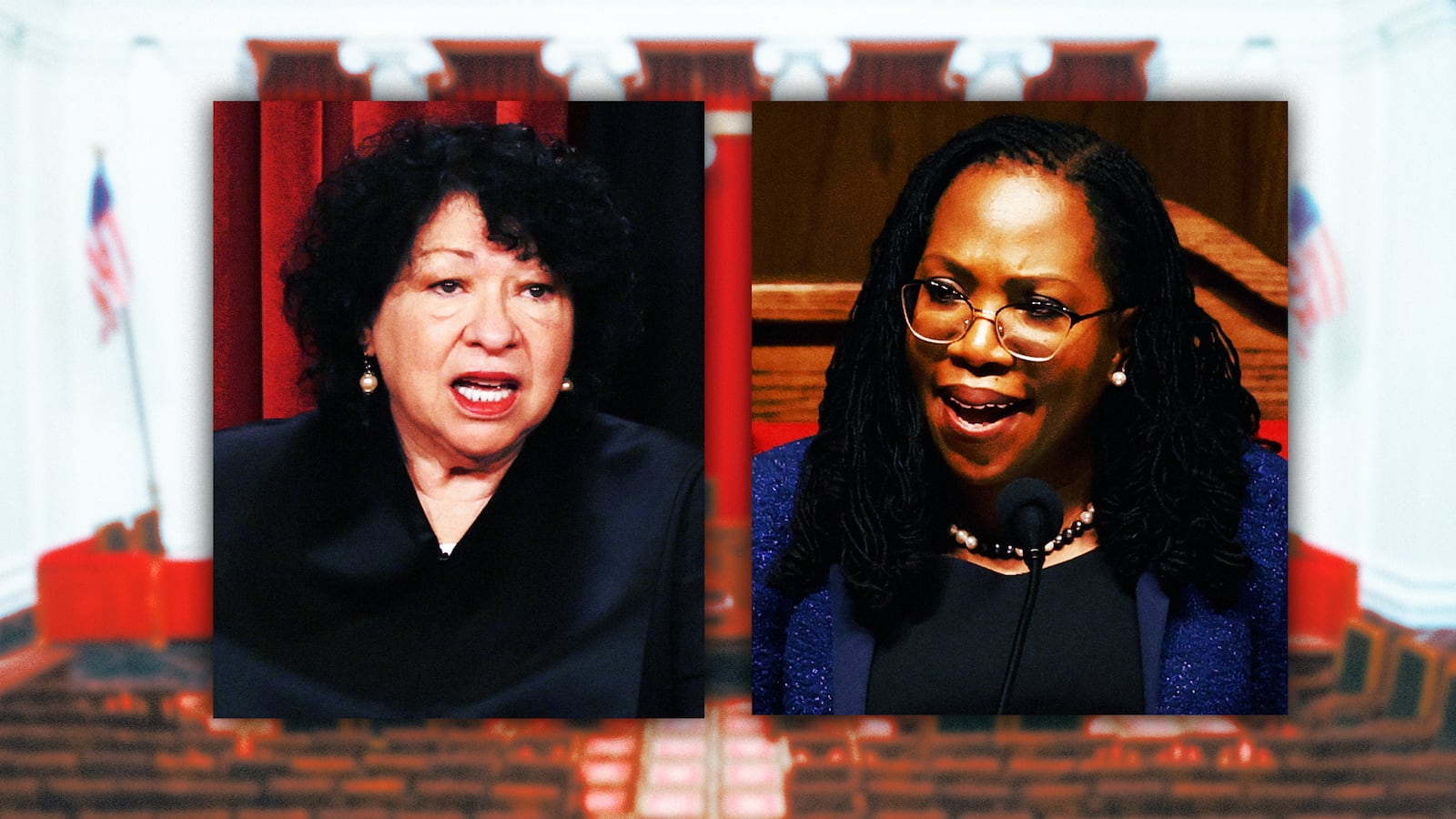The liberal justices on the U.S. Supreme Court dropped traditional pleasantries from their dissents as they found themselves trapped in the minority for a series of landmark decisions.
Noticeably absent from Supreme Court Justice Sonia Sotomayor’s dissent on Friday in Trump v. CASA was the traditional “respectfully” before she finished with a terse, “I dissent.”
Instead, she wrote: “Because such complicity should know no place in our system of law, I dissent.”
ADVERTISEMENT
It wrapped up a brutal takedown of the majority opinion, which limited the power of the lower court and paved the way to end birthright citizenship in some states.
“The Court’s decision is nothing less than an open invitation for the Government to bypass the Constitution,” Sotomayor wrote. “The Executive Branch can now enforce policies that flout settled law and violate countless individuals’ constitutional rights, and the federal courts will be hamstrung to stop its actions fully.”

She claimed it meant the court “abdicates its vital role.”
“With the stroke of a pen, the President has made a ‘solemn mockery’ of our Constitution,” she wrote. “Rather than stand firm, the Court gives way.”
Her sign-off was not the only dissent on Friday. Justice Ketanji Brown Jackson also left out niceties in her blistering dissent.
“With deep disillusionment, I dissent,” she wrote after blasting the court’s decision.

“The very institution our founding charter charges with the duty to ensure universal adherence to the law now requires judges to shrug and turn their backs to intermittent lawlessness,” the liberal justice wrote.
The general understanding is that members of the court owe civility to their majority colleagues as justices are part of an exclusive group of Americans, so they usually include “respectfully.”
But, with the makeup of the conservative court being six to three, liberal justices left in the minority have become increasingly fiery in both their written words and in deciding to read decisions from the bench for a series of cases that will have a dramatic impact on the country.






